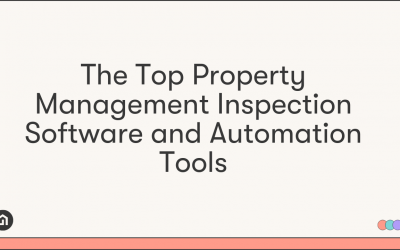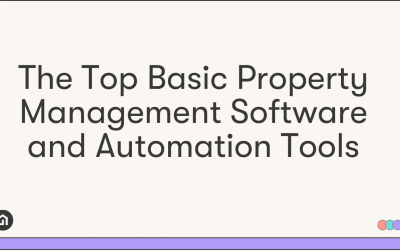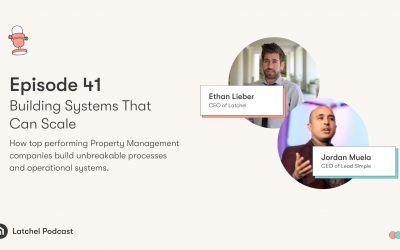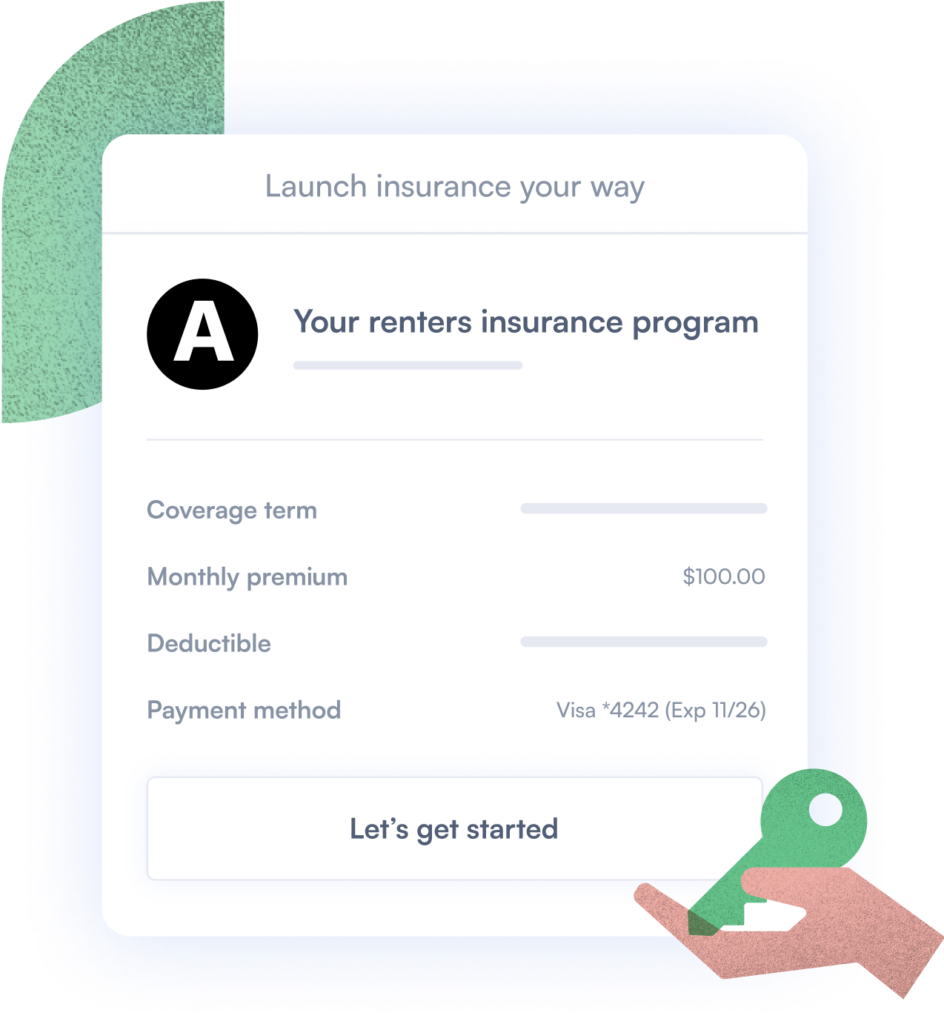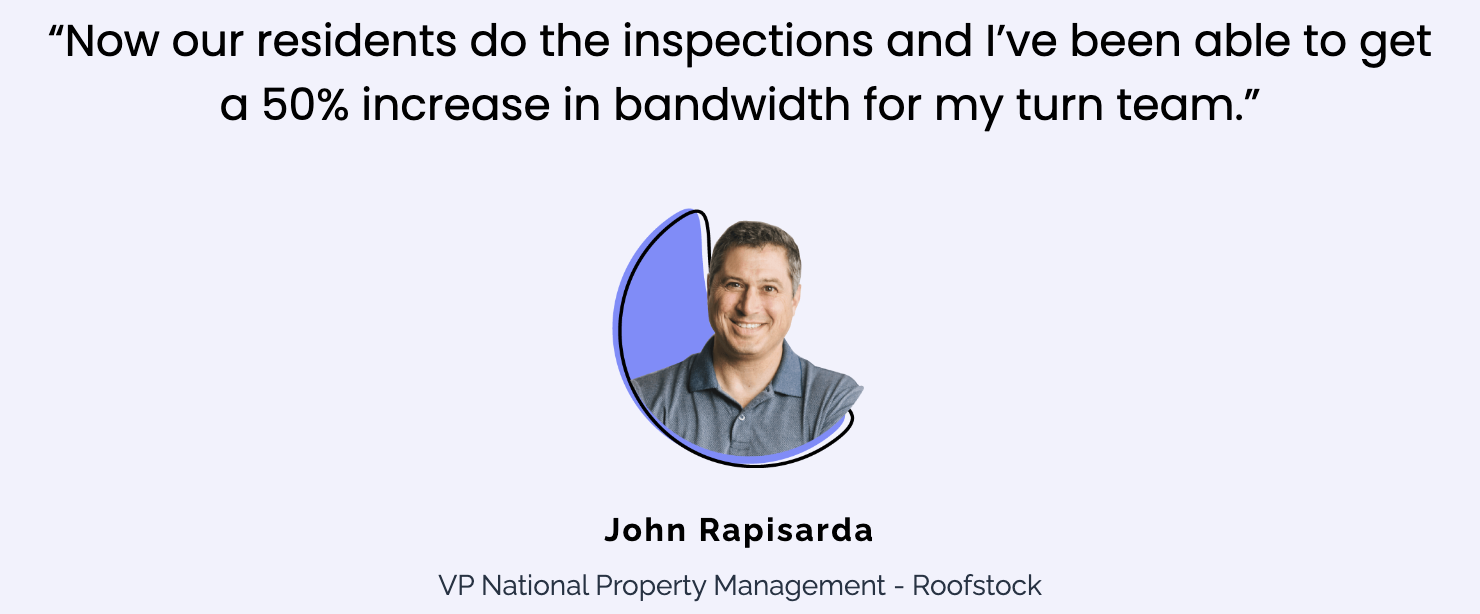As a property investor, there are loads of tax strategies available. Oftentimes, an investor can place themselves in such a manner that they don’t pay any tax whatsoever on their current year’s earnings.
All of the below strategies are taken from a blog that I recently read from a CPA firm on real estate tax. They create tax strategies based on flexibility. Use flexibility to develop a simple tax plan that will save you money.
The general rule for implementing flexibility in your business or portfolio is that: the more information the better, and that information should be up-to-date.
The Importance of Information and Data
For those who have done project work from a contractor that states the kitchen rehabilitation will cost $10,000, that info is pretty much useless from an analytical perspective. Obviously, you require different types of work to be done on your rental property, and having estimates done upfront can help establish expectations. But itemizing that scope of work will create a better tax benefit when you prepare your tax returns. Itemizing the scope of work will also let you analyze material and labor costs, sometimes down to the penny, which can be very powerful when building a company. The more info you have, the greater the outcomes.
However, more data could be moot if that info is not up-to-date. Many investors do not keep up-to-date records. Then they find themselves analyzing months-old information or not analyzing anything in any way.
How do you get up-to-date information? It begins with your accounting system. You want to use software that lets you log transactions as they happen, record the supporting data for that transaction, and itemize the information as much as possible so you can analyze it later. Ideally, your bookkeeping system automates the vast majority of the grunt work that you would otherwise do if you’re just using spreadsheets (do not use spreadsheets!).
How Landlords Can Be Flexible
The number one thing landlords can do in order to create flexibility in their tax position is to just itemize all bills and scopes of work linked to their rentals. By doing so, you’ll have the ability to readily analyze cost data for the De Minimis Safe Harbor election or to get 100% bonus depreciation.
But even when you can not qualify for the De Minimis Safe Habor some costs may qualify for 100% bonus depreciation, which lets you write off the expense of the component from the current year.
If you hand me a $10,000 invoice, I am reserving that as 27.5 year property in your tax returns. That means that you will recover your costs over 27.5 years.
Assuming we can not use the De Minimis Safe Harbor, we would reserve the $3,000 of appliances and the $3,000 of hardwood floors as 5-year private property. The remaining $4,000 will be reserved as 27.5 year property and written off during that time period.
There are several more things landlords can do in order to add flexibility to their tax position however itemizing invoices and scopes of work is top of the list.
How Flippers & Developer Could Be Flexible
The number one thing people that are flipping and developing real estate can do in order in order to create flexibility would be to launch each job under an LLC.
Do not launch a job in your own personal name. Ever. Do not launch a job under an S/C-Corporation unless you’re specifically advised to do so.
By establishing all projects under LLCs, you create tax flexibility concerning how we decide to tax your thing. When your flipping company hits net profits of about $40k-$50k annually we probably need to have those gains run via an S-Corporation to save on FICA taxes. In the event that you had been running your flipping company through an LLC, we could retroactively elect to be taxed as an S-Corporation.
But if you do not run your company through an LLC and you reach the gain thresholds, we can certainly set up a new entity and tax it as an S-Corporation, but your entire previous profits won’t be counted toward the S-Corporation status. This is because those gains happened before you had a company set up that could be taxed as an S-Corporation.
Let’s say you put up an LLC on January 1. Then, we would create an S-Corporation election retroactive as of January 1. On the flip side, in case you never put up an LLC, we can not make a retroactive election as of January 1 since there is no entity set up on January 1.
Why don’t you just elect S-Corporation right from the get-go? You are going to pay $300-$500 each year in payroll expenses. So run an LLC till you hit that gain stage, then we could make a retroactive S-Corporation election to catch all current year gains.
How General Partners in Syndicates Could Be Flexible
The number one thing that anybody buying larger properties, particularly when they’re raising investor capital, can do in order to make flexibility would be not to sign any financial document without letting your CPA look it over first.
Too often, banks will slip weird clauses in their debt contract with you. By way of instance, they might require “certified financial statements” and you will automatically think “of course that appears natural.” However, your CPA would ask “what’s a certified financial statement?” Because from the CPA world, there’s absolutely no such thing.

